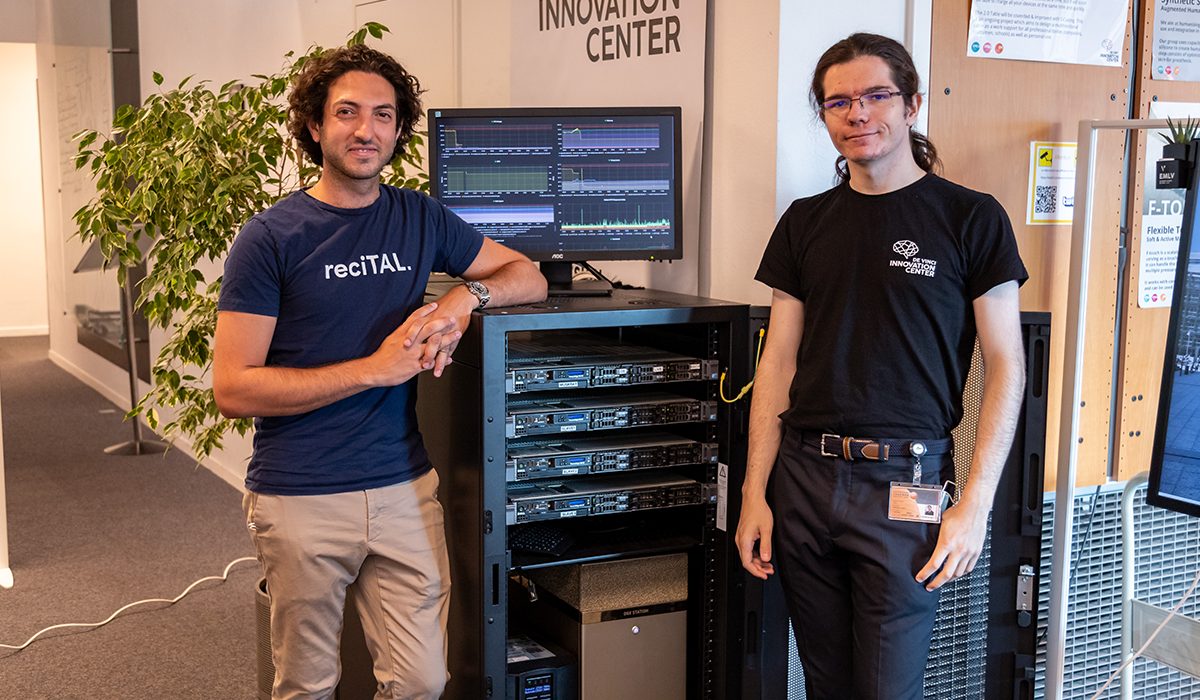The chasm between traditional engineering education and the industry’s dynamic needs has been a formidable challenge. Bridging this gap is no longer just beneficial but essential for preparing a new generation of engineers who are equipped to tackle the complex problems of today and tomorrow.
Bridging the gap between education and industry demands is essential for fostering a generation of engineers who are prepared to address the challenges of today and shape the solutions of tomorrow.
Crafting Engineers for Tomorrow: Aligning Education with Industry
The pace at which technological advancements unfold is staggering, and engineering fields are at the forefront of this innovation wave. However, a gap often exists between the theoretical knowledge imparted in academic settings and the practical, hands-on skills required in the workforce. Addressing this gap means reimagining engineering education to reflect the real-world scenarios and challenges that graduates will face.
Practical Skills: The Foundation of Engineering Solutions
The cornerstone of bridging the educational-industry divide is the emphasis on practical skills. Integrating hands-on learning experiences, such as labs, workshops, and simulations, into the engineering curriculum ensures that students not only understand theoretical concepts. Still, it can also be applied in practical situations. This approach equips graduates with a robust skill set that matches the technological and operational demands of the modern industry.
Project Management: Navigating the Complexities of Professional Projects
In addition to technical prowess, the ability to manage projects efficiently is crucial in the engineering field. Incorporating project management principles and tools into the engineering curriculum prepares students to lead projects from inception to completion, balancing time, budget, and quality constraints. Training in project management also fosters a sense of responsibility and leadership, qualities that are invaluable in any engineering role.
The Soft Skills Equation: Enhancing Collaboration and Innovation
The engineers of the future are more than technical experts; they are communicators, team players, and innovators. Therefore, integrating soft skills training into engineering education is essential for producing well-rounded professionals.
Communication and Teamwork: The Bridges of Innovation
Effective communication and teamwork are pivotal in the collaborative environment of engineering. By incorporating these soft skills into the curriculum, educational institutions ensure that graduates can work effectively in multidisciplinary teams, articulate complex ideas clearly, and contribute to a culture of innovation, ethics, and shared knowledge.
Adaptability and Continuous Learning: Keeping Pace with Change
The only constant in the technology sector is change. Cultivating adaptability and a commitment to continuous learning within engineering programs prepares students for a career characterized by evolution. Emphasizing the importance of staying current with emerging technologies and methodologies ensures that graduates remain relevant and competitive in the job market.
Finally, by integrating practical skills, project management, and soft skills into the engineering curriculum, educational programs can produce graduates who are technically proficient and equipped to lead, innovate, and thrive in the complex landscape of modern industry.
Aligning engineering education with industry needs is a collaborative endeavor that requires input from academic institutions, industry leaders, and students themselves.







